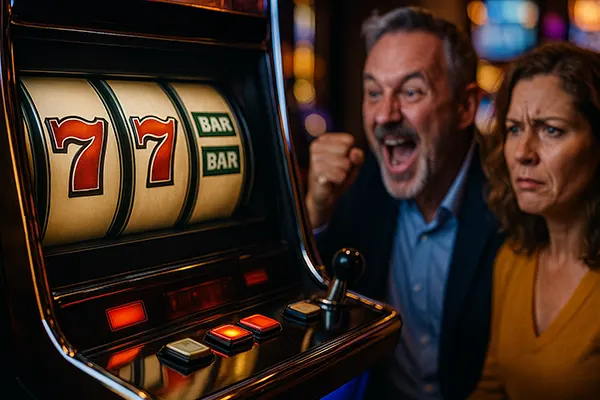
The Near-Miss Effect: Why Losing Sometimes Feels Like Winning
The psychology of gambling has long fascinated researchers, and one of the most intriguing phenomena is the near-miss effect. This term describes a situation where a player narrowly misses a winning outcome, yet experiences a strong emotional response as if they had almost succeeded. In 2025, with the increasing use of data-driven gambling studies and neuroscientific insights, the near-miss effect is better understood than ever before. It is not just a quirk of human perception but a deeply ingrained cognitive mechanism that shapes behaviour and decision-making in games of chance.
The Psychology Behind Near-Miss Experiences
Near-miss outcomes trigger specific brain regions associated with reward, even though the result is technically a loss. Neuroimaging studies reveal that areas like the striatum and insula become active, producing a response similar to that of an actual win. This explains why players often feel encouraged to continue playing despite losing. The sensation of “almost winning” creates a powerful motivational pull that can prolong gameplay.
Researchers highlight that the near-miss effect is not limited to gambling machines. It has also been observed in sports betting, lottery draws, and even everyday experiences such as narrowly missing a bus or just falling short of a personal goal. These examples demonstrate how the human brain interprets partial success as an incentive to try again.
In 2025, gambling operators are increasingly scrutinised for how their games may exploit these psychological mechanisms. Regulatory bodies in Europe and beyond are considering stricter guidelines to ensure that game design does not unduly manipulate players’ reward systems.
How Near-Miss Outcomes Influence Behaviour
The emotional impact of a near-miss is far greater than that of a regular loss. Players are more likely to continue wagering after experiencing a near-miss, as it fuels the belief that success is within reach. This behavioural loop is one reason why slot machines and similar games retain their popularity.
Studies show that near-miss experiences can increase dopamine release, reinforcing the drive to keep playing. This effect is particularly strong among individuals prone to risk-taking or those with a history of compulsive gambling. By reinforcing a cycle of play, near-misses contribute to patterns of behaviour that can be difficult to break.
Understanding this mechanism is crucial for both responsible gaming initiatives and for players themselves. Awareness helps individuals recognise when they are being influenced by psychological triggers rather than rational decision-making.
Scientific Insights from 2025
Recent research in 2025 focuses on how technology and artificial intelligence can measure and mitigate the impact of near-misses. Casinos are beginning to implement monitoring systems that detect patterns of prolonged play following repeated near-misses. These systems aim to identify at-risk players and provide timely interventions.
Psychologists are also investigating cultural differences in how near-misses are perceived. For example, studies in Asia and Europe suggest that cultural attitudes toward luck and persistence may shape the intensity of the near-miss effect. Such findings are vital for creating region-specific responsible gambling policies.
Moreover, neuroscientific research continues to uncover the subtle ways in which near-misses hijack the brain’s learning circuits. By mimicking the neural response of an actual win, near-misses encourage players to misinterpret failure as progress, sustaining engagement far longer than ordinary losses would.
Responsible Gaming Measures
Regulators and operators in 2025 are paying closer attention to how near-misses can be mitigated. Features such as clear win-loss displays, reality checks, and personalised play reminders are now being introduced more widely across regulated markets. These measures help counterbalance the psychological pull of near-miss outcomes.
Some gambling operators are also investing in player education programmes that explain common cognitive biases, including the near-miss effect. By equipping players with knowledge, these initiatives aim to promote more mindful gambling behaviour.
There is also a growing movement to integrate mental health support directly into gambling services. This allows players who recognise the influence of near-misses on their behaviour to access immediate assistance and counselling resources.
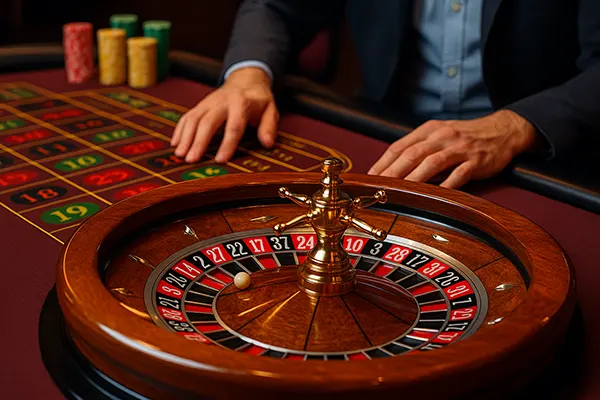
The Broader Implications of the Near-Miss Effect
The near-miss effect extends beyond gambling into many aspects of daily life. From narrowly missing an academic grade threshold to coming close in competitive sports, the sensation of “almost winning” can shape motivation and persistence. While this can be positive in some contexts, such as inspiring people to keep working towards a goal, it can be problematic when tied to financial risk.
In consumer psychology, near-miss mechanisms are sometimes used in promotional campaigns and gamified loyalty schemes. For example, digital reward systems often give users a sense of just missing a prize to encourage further engagement. This raises ethical questions about how businesses use behavioural science to influence spending patterns.
Looking ahead, the near-miss effect is likely to remain a central focus of research in gambling psychology. As technology enables more detailed behavioural analysis, regulators and operators must balance innovation with player protection to prevent harm while maintaining fair entertainment.
Future Directions and Ethical Considerations
Experts predict that by the end of this decade, responsible gaming frameworks will explicitly address the design of near-miss outcomes. Transparency in game mechanics may become a regulatory requirement, ensuring that players understand how these effects work.
Ethical debates are intensifying around whether it is acceptable for gambling operators to include features known to prolong play. Some argue that as long as safeguards are in place, near-misses can remain part of the entertainment experience. Others believe they represent a form of psychological manipulation that should be limited or banned.
Ultimately, the near-miss effect illustrates the complexity of human decision-making. Recognising its influence allows both players and policymakers to make more informed choices about gambling and related industries, ensuring that entertainment remains safe and fair.
Similar articles
-
 Should you play a slot demo to t...
Should you play a slot demo to t...Demo mode is a useful way to understand how a slot works without …
-
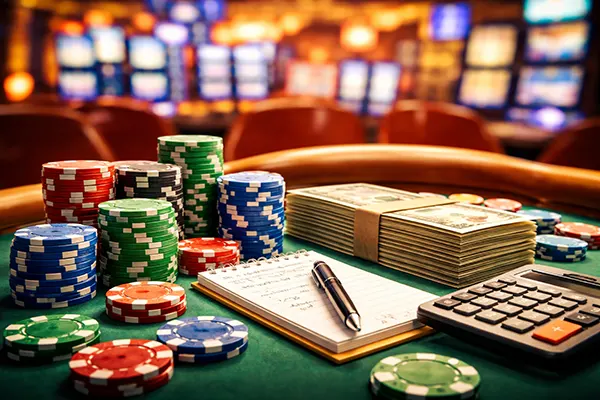 Optimal Bet Size for a Long Sess...
Optimal Bet Size for a Long Sess...Long casino sessions are rarely lost because of one “bad beat”. More often, …
-
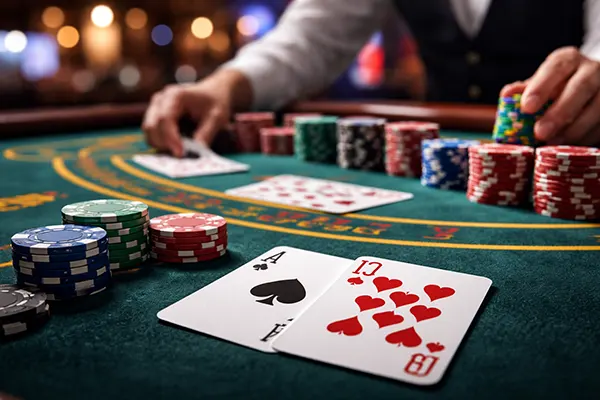 Why Card Counting Appears More E...
Why Card Counting Appears More E...Card counting has long been associated with an image of control, logic, and …
-
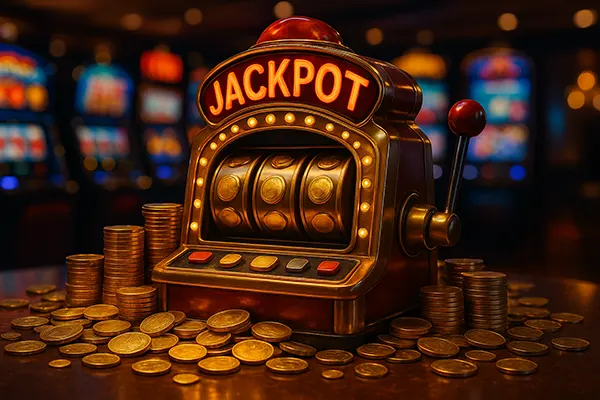 Progressive Jackpots Explained: ...
Progressive Jackpots Explained: ...Progressive jackpots remain one of the most dynamic features in modern gambling. These …
